The pandemic and shift to the hybrid working model have disrupted most business areas - knowledge management is no different. In our recent KMWorld hosted webinar, "The Modern Workplace Demands Leaders to Reconstruct Their Knowledge Management Strategy," Donna Mann, Director of Knowledge Management at PepsiCo R&D, and Marc Vontobel, CEO of Starmind, discuss why business leaders need to evolve their knowledge management practices and how to do so in the digital workplace.
Marydee Ojala, our host, raises questions that most business leaders are asking to better understand what a modern knowledge management strategy should accomplish and the risks of not prioritizing knowledge management.
In addition, you get an insider's view on why PepsiCo R&D added Starmind into their modern knowledge management strategy and how they use it to foster innovation and speed up time to market.
What knowledge management should accomplish
Over the last couple of years, it has become more evident that employees rely heavily on workplace interactions to fill in the gaps where traditional knowledge management falls short. And it's time for an updated approach.
Your strategy for the digital workplace needs to take into account your most valuable intangible asset - employee knowledge. The future of work is now, and it’s human-centric, enabling collaboration and knowledge sharing in real-time, based on who knows what on a specific topic.
All business leaders want to boost productivity, increase speed to market, or improve customer support. Achieving this depends on enabling employees to contribute their knowledge towards those metrics. Modern knowledge management should make finding knowledge easy, connect employees to colleagues, and improve employee engagement. Without prioritizing knowledge management, your organization is at risk.
The risks of not prioritizing knowledge management
Innovation slows down
One of the biggest dangers of not prioritizing knowledge management is "redoing what has already been done," as Donna shares. Without access to your colleagues’ knowledge, your employees risk duplicating past work when they could have been working on something new and different. As a result, the innovation cycle slows down, time to market is impacted, and your growth momentum will likely take a hit in a highly competitive market.
Collaboration decreases
Prepandemic, employees regularly interacted with one another in the office. Seasoned employees were seen mentoring new and younger colleagues. The office subject matter experts could share past success, challenges, and what has and hasn't worked with ease. During these interactions, employees gained access to years of experience and knowledge. With the shift to hybrid and remote work, employees have become isolated, and exchanges like these are less frequent. Without impromptu conversations breaking through established work networks and with many adopting a hybrid working model, cross-team collaboration is even more limited than before.
Employee experience diminishes
With current knowledge management practices, your employees are stuck searching through countless materials and sifting through databases. They're spending hours a day searching for knowledge, instead of working towards business outcomes. It's frustrating for them, and they're over it. Without reducing the frustrations around accessing information and knowledge, you too, will experience The Great Resignation in your organization.
PepsiCo R&D shares tacit knowledge with Starmind
At PepsiCo R&D, Donna and her team's knowledge management mission is to discover how to create a “knowledge-centric R&D ecosystem that fosters faster innovation and decision making.”
To accomplish this, PepsiCo R&D makes knowledge sharing and collaboration amongst associates easier with Starmind. It enables them to share their tacit knowledge. Unlike with other tools and systems, its AI learns with every interaction. Employees are no longer searching for the subject matter expert to answer their questions or getting pinged with every new question added. The platform informs and encourages employees to engage only with the opportunities relevant to their area of expertise or interests. Starmind focuses on increasing engagement and the quality of knowledge sharing through an approach that's a better fit for the digital workplace. Since implementation, they’ve seen the advantages throughout the organization.
- Individually: With the Starmind platform, associates can build their professional brand, gain recognition for what they do and have done, and showcase their expertise. Pepsico R&D has been committed to helping motivate individuals to contribute more knowledge, but often the need to speak out loud or publicly ask questions prevents them from sharing and engaging. The ability to ask questions anonymously cuts through this challenge, eliminating employee reluctance, and increasing engagement with knowledge collaboration and sharing
- Directors and Managers: The platform allows teams to search, share and collaborate globally. Instead of only exchanging ideas within your immediate office and colleagues, they now have access to all subject matter experts in the organization.
- Departmental: Capturing the technical knowledge employees share in real-time helps share and pays dividends into the future. Starmind accelerates this process and drives speed to market.
Whether you’re looking to foster faster innovation like PepsiCo R&D or are interested in improving other areas of your business, this webinar will give you valuable insights into modern knowledge management for the digital workplace.




.jpg)

